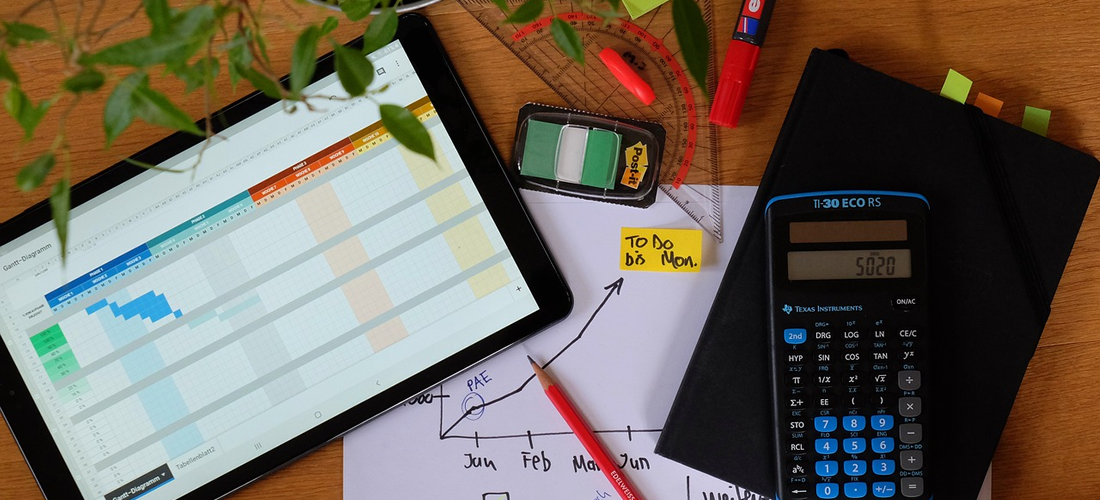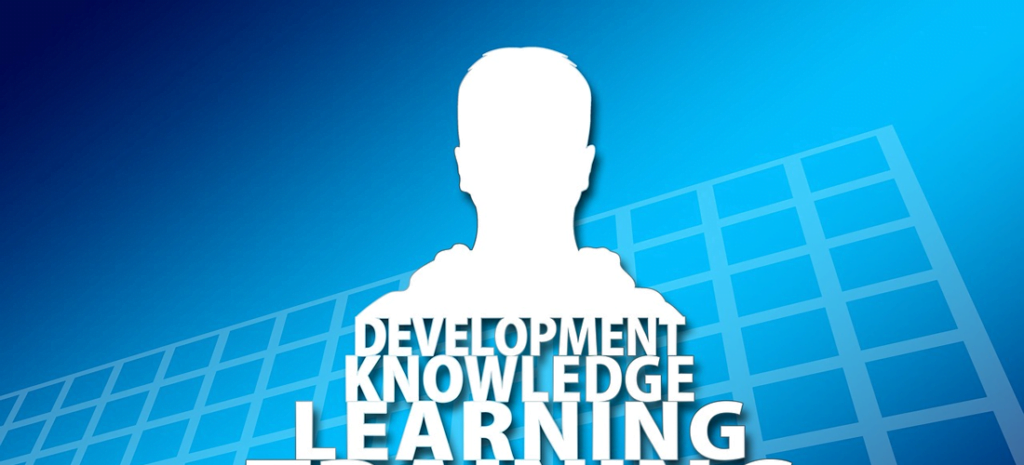Personal development and productivity go hand-in-hand in shaping a successful life. As we navigate the labyrinth of our daily duties, it’s essential to keep in mind that our personal growth doesn’t just happen spontaneously — it’s an ongoing process that requires focus, diligence, and a proactive approach. This blog post will delve into the symbiotic relationship between personal development and productivity, offering key insights and practical tips to help you optimize your daily routines, enhance your skill set, and ultimately, achieve your personal and professional goals.
Personal Development is a continuous journey of self-improvement, one that encompasses all aspects of life including professional skills, emotional growth, physical health, and spiritual wellness. It is key to productivity, as it nurtures an individual’s intrinsic motivation, enhances self-awareness, and fosters a sense of purpose. By investing in personal development, individuals can streamline their goals and align their actions accordingly, leading to increased efficiency and productivity. It is the bedrock upon which individuals can build and expand their capabilities, surpass their limitations, and achieve their full potential.
Personal Development and Productivity Tools and Techniques
Tools
Productivity tools can be incredibly helpful for personal development by aiding in time management, goal tracking, and overall efficiency. Here are some tools to consider:
- 1. Task Management Apps: Task management apps like Todoist, Trello, or Microsoft To Do help individuals organize their tasks, set priorities, and track progress. They are invaluable for personal development as they enable you to break down large goals into manageable tasks.
- 2. Note-Taking Apps: Apps like Evernote, OneNote, or Notion provide a centralized platform for storing notes, ideas, and information related to personal development. They allow for easy organization, quick retrieval, and efficient knowledge management.
- 3. Calendar Apps: Calendar apps such as Google Calendar or Apple Calendar help individuals schedule and manage their time effectively. You can use them to set reminders, plan activities, and allocate time for personal development tasks.
- 4. Goal-Setting Apps: Apps like Goals on Track, Strides, or Habitica are specifically designed for setting and tracking personal development goals. They often include features like progress tracking, goal visualization, and habit-forming tools.
- 5. Time Tracking Software: Time tracking tools like Toggl or Clockify help individuals monitor how they spend their time. This can be valuable for personal development by identifying time sinks and opportunities for improvement.
- 6. Project Management Software: Project management tools like Asana, Monday.com, or Basecamp are useful for organizing and planning personal development projects or larger life goals. They allow for collaboration and provide a structured approach to task management.
- 7. Goal Visualization and Mind Mapping Tools: Tools like MindMeister or XMind help individuals create visual representations of their goals, ideas, and plans. These visuals can enhance clarity and creativity in personal development pursuits.
Techniques
There are several techniques that can significantly improve productivity and contribute to personal development:
- 1. Prioritize and Plan: Prioritizing tasks is crucial to ensure that your time and efforts are directed towards the most significant tasks first. Planning your day or week ahead helps in staying organized and managing time effectively.
- 2. Break tasks into smaller parts: Large tasks can seem overwhelming. It’s beneficial to break them down into smaller, manageable tasks. This allows for a more focused approach and leads to a sense of accomplishment as each part is completed.
- 3. Take regular breaks: Contrary to popular belief, working continuously without breaks can actually reduce productivity. Regular short breaks can help rejuvenate the mind and maintain constant productivity levels.
- 4. Avoid multitasking: While it might seem like multitasking increases productivity, it often leads to mistakes and a decrease in the quality of work. Focus on one task at a time for best results.
- 5. Use productivity tools: There are numerous productivity tools and apps available that can help in task management, time tracking, and staying organized.
Remember that productivity techniques can vary from person to person. What works best for one might not work as well for another. It’s important to find and customize the methods that best suit your way of working.
Understanding Productivity
Productivity is a measure of the efficiency of a person, machine, factory, or system in converting inputs into useful outputs. In the context of personal development, it is often associated with the effective use of time and resources to achieve desired outcomes.
There are several dimensions of productivity:
- Time Management: The ability to use one’s time effectively or productively, especially at work. Good time management can improve productivity by helping you to accomplish more in less time.
- Task Prioritization: This refers to determining the order and focus of your tasks based on their importance and urgency. Effective task prioritization can lead to increased productivity by reducing time wasted on less meaningful activities.
- Goal Setting: Setting clear and specific goals can enhance productivity by providing direction and fostering a sense of purpose. It helps to focus efforts and guides decision-making.
- Work-Life Balance: This refers to the equilibrium between professional demands and personal life. Maintaining a good work-life balance can bolster productivity by preventing burnout and promoting overall well-being.
- Continuous Learning: The pursuit of knowledge and skills for personal development. Continuous learning can boost productivity by enhancing competence and adaptability.
- Health and Fitness: Physical and mental well-being significantly impact productivity levels. Regular exercise, proper diet, and sufficient rest can enhance physical energy levels and mental clarity, leading to improved productivity.
Each dimension plays a vital role and together they create a comprehensive approach to personal productivity.
Overcoming Productivity Challenges
Productivity obstacles can hinder progress and make it challenging to achieve personal and professional goals. Here are some common productivity obstacles and strategies to overcome them:
- Procrastination: This is a common issue that sabotages productivity. It’s often due to feeling overwhelmed by tasks or not knowing where to start. To overcome this, break down large tasks into manageable parts and tackle each one at a time.
- Distractions: Whether it’s constant notifications from social media or a noisy environment, distractions significantly impact productivity. Overcome this by establishing a quiet, dedicated workspace and setting specific times to check emails and social media.
- Multitasking: Contrary to popular belief, multitasking can actually reduce productivity as it splits your focus. Increase productivity by focusing on one task at a time and fully completing it before moving on to the next.
- Lack of motivation: Without motivation, it’s hard to be productive. Identify what motivates you, whether it’s a reward or the satisfaction of completing a task. This will help you stay motivated and productive.
- Poor time management: Without effective time management, it’s easy to waste time on unimportant tasks. Overcome this obstacle by using tools like calendars or productivity apps to prioritize tasks and allocate time effectively.
- Burnout: Working without breaks can lead to burnout, drastically reducing productivity. Remember to schedule regular breaks, maintain a healthy work-life balance, and take time for self-care activities.
Overcoming productivity obstacles requires self-awareness, discipline, and the willingness to experiment with different strategies. It’s important to remember that productivity is an ongoing journey, and there may be times when you face setbacks. The key is to stay adaptable, learn from your experiences, and continuously refine your approach to productivity.
Conclusion
As we strive to become better versions of ourselves, it is crucial to understand the significant role that productivity plays in this process. By implementing strategies that boost our efficiency, we not only achieve more within shorter timeframes, but also experience heightened levels of satisfaction and self-worth. Remember, personal growth is an evolving journey, not a destination – and productivity is one of the invaluable tools that propels us forward in this journey. Embracing productivity in our daily life is embracing an essential aspect of our personal development.
You might also like:
- Emotional Intelligence: 8 Benefits for Personal Growth
- 8 Powerful Benefits of Boosting Creativity and Innovation




